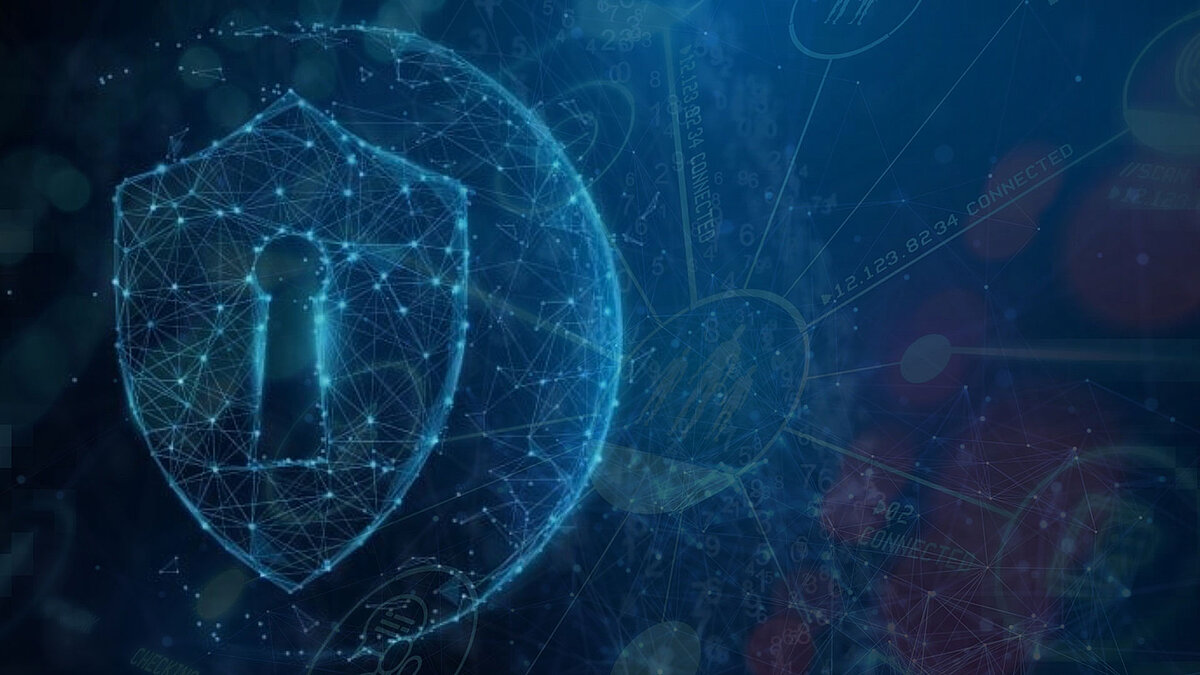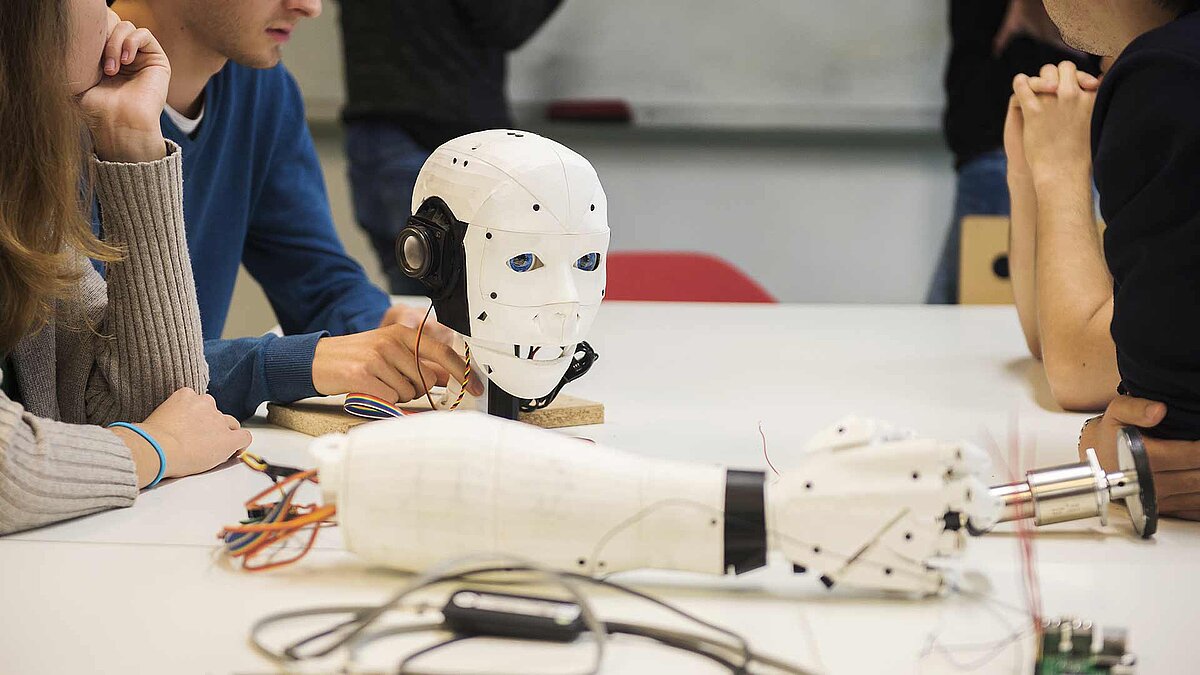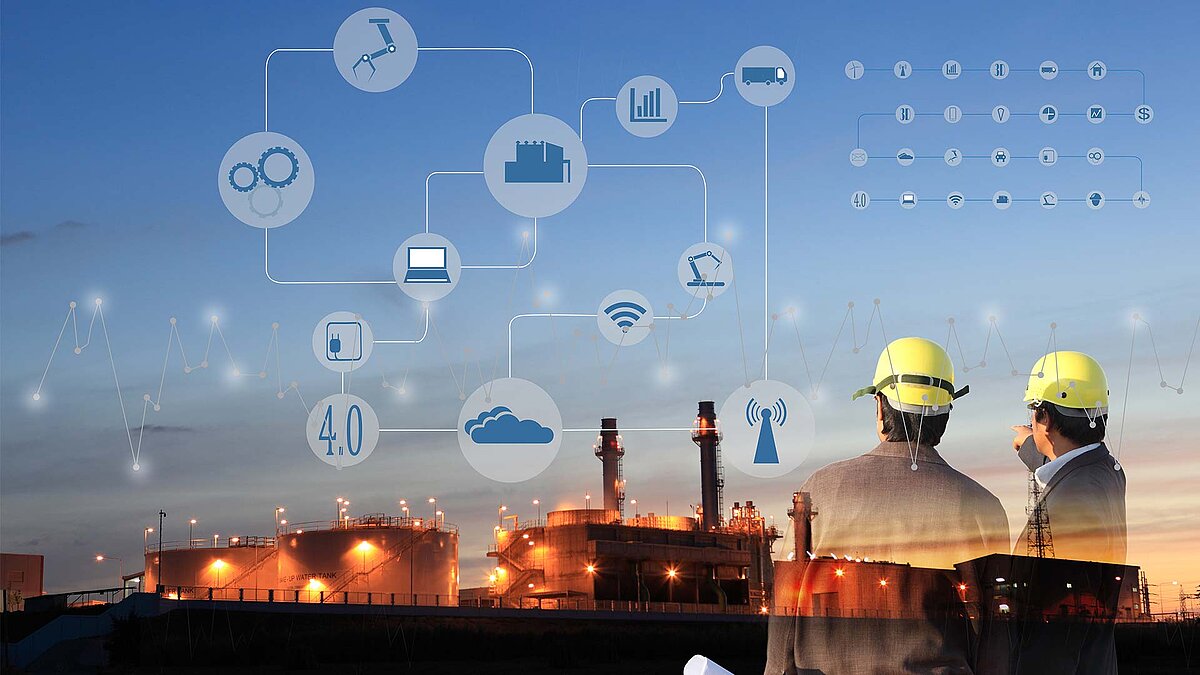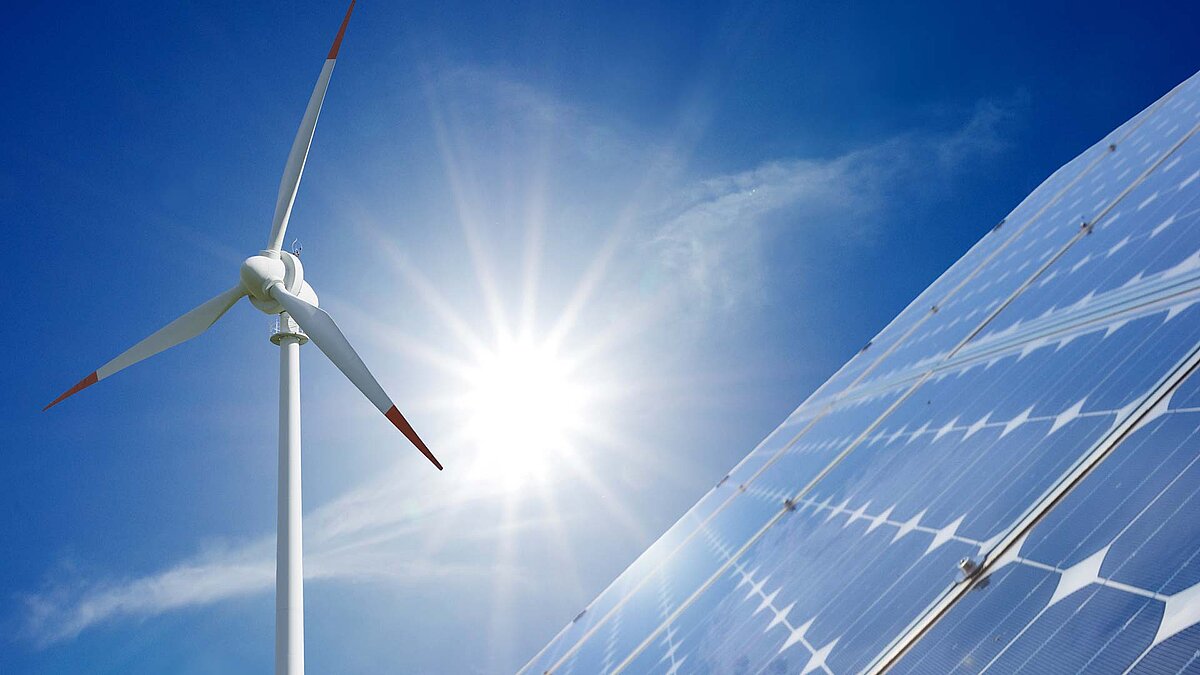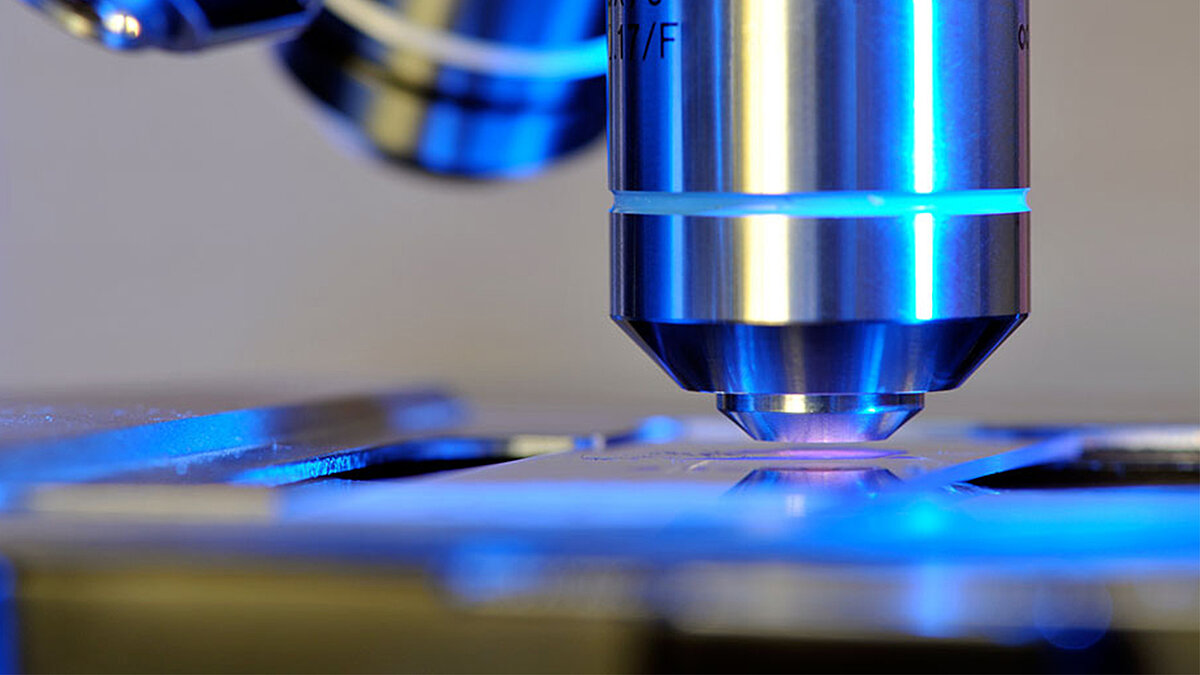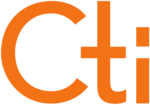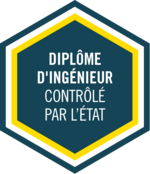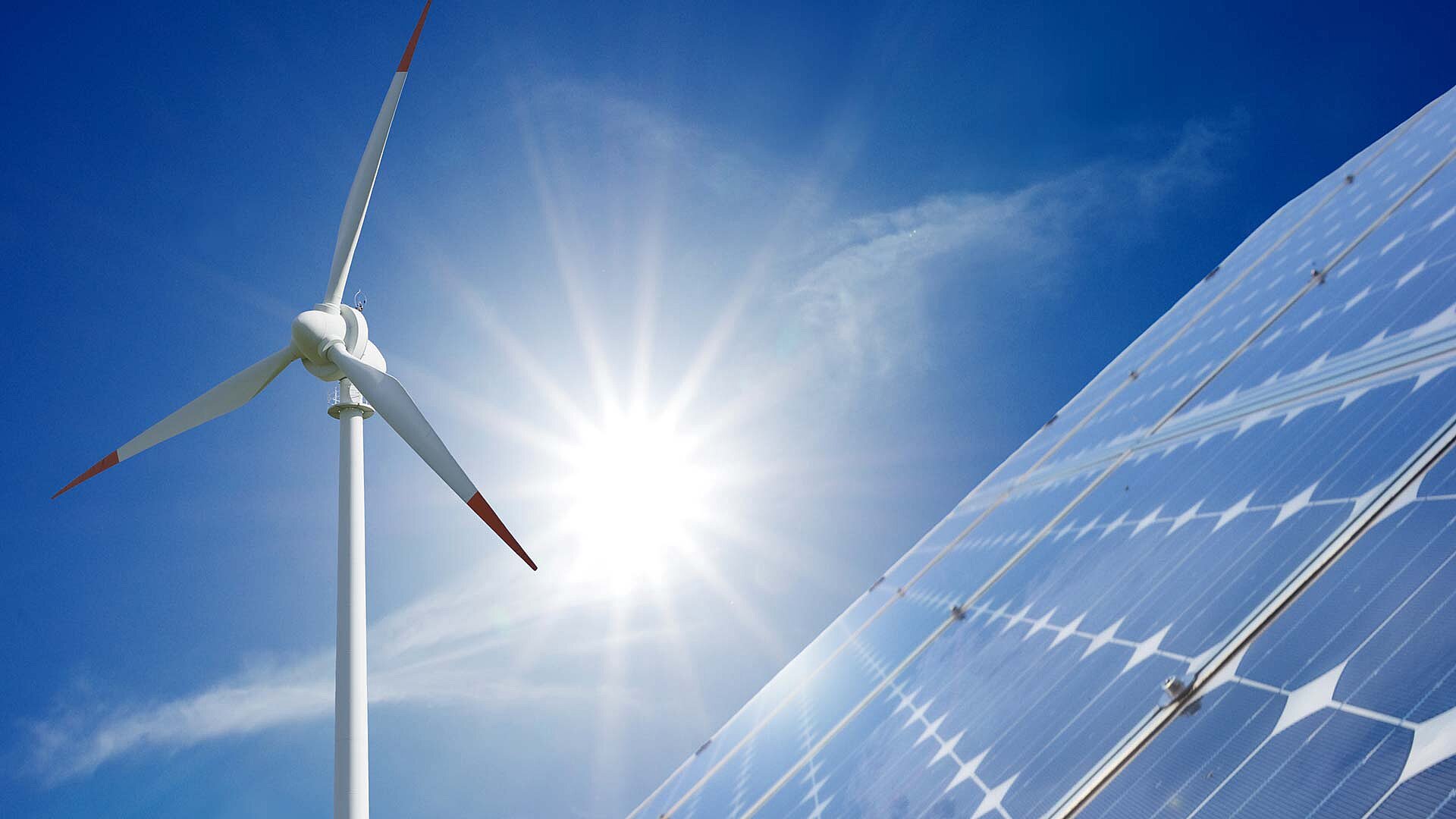
Renewable energy and energy efficiency engineer programme
ESIEE Paris offers a specialization in renewable energy and energy efficiency within its engineering programme during the last two years of the course, accredited by the engineering titles commission (CTI).
Degree
Engineering
Modality
Full-time
Duration
2 years
Degree level
Bac +5 master's degree
Why should I become a renewable energy and energy efficiency engineer?
Energy engineers address the challenges of climate change and the energy transition. They transform the supply (decarbonization, renewable energy) and manage demand (energy efficiency and conservation) using technological, economic, and regulatory solutions. As key players in tomorrow’s society, they leverage digital tools (modeling, IoT, data) to design sustainable energy systems at various scales (buildings, cities, etc.).
What will the programme bring me?
Objectives
- To build knowledge of the energy context of the 21st century and its challenges (energy, climate)
- To master the methods, techniques and tools of energy efficiency, particularly in the building sector
- To master the main technologies for decarbonizing the energy mix (renewable energies, energy recovery, energy storage, etc.)
- To build knowledge of the energy context of the 21st century and its challenges (energy, climate)
Skills
- Design and optimization of innovative energy systems
Ability to design, model, and optimize energy systems that integrate the latest technologies, focusing on efficiency, sustainability, and innovation - Sustainable approach and environmental engagement
Analyze and propose solutions that reduce the carbon footprint, taking into account environmental and societal sustainability imperatives - Management of innovative technological projects
Lead complex projects by integrating emerging technologies, contributing to the innovation and development of sustainable energy solutions - Analysis of the environmental impact of energy systems
Evaluate the environmental impact of energy systems and suggest continuous improvements for a greener, more resilient future
- Design and optimization of innovative energy systems
Professional opportunities
Examples of applications
- Development and management of renewable energy parks
- Production and storage of green energy
- Energy renovation and optimization of sustainable buildings
- Conducting energy audits for efficiency and performance
- Reducing carbon footprint in industries and communities
- Design and management of Smart Grids for optimized energy distribution
- Intelligent energy management in eco-districts and smart cities
Professions / Positions
- Consulting engineer
- Business engineer
- R&D engineer
- Energy efficiency engineer
- Energy network operations engineer
- Project manager in renewable energies
- Building energy design engineer (design office)
- Assistant project manager
- Energy Manager
Sectors of activity
- Energy producers and suppliers (renewable and traditional energy)
- Network operators for energy transport and distribution (electricity, thermal networks)
- Engineering and consulting firms specializing in energy and thermal efficiency
- Developers and operators of renewable energy parks
- Energy service companies (ESCOs) and environmental services firms
- Research centers and laboratories
- Public administration and local authorities
Companies that have recruited graduates from the sector:
EDFEngieTotalEnergiesEnedisEolfiVDM (Vents du Nord)ERG FranceAlbioma Solaire RéunionSolarhona (CNR - Compagnie Nationale du Rhône)CitronSetecGreenflexEgisQovoltis RozoCollectivités territorialesUni-ClimaSchneider ElectricSiemens EnergyAkuo EnergyNeoenEnercoopRTE (Réseau de Transport d'Électricité)
96 %
of the young graduates found their first job within 4 month after of graduating (promo 2023)
90 %
of our students even found a contract before the end of their training
43 400 €
is the average annual gross salary (France and International)
How is the programme structured?
At the end of the first year of the engineering cycle, students choose their field of study. The course of study is spread over two years with compulsory and optional scientific and technical courses, management courses and modern languages.
Programme
2nd year of the engineering cycle
The courses take place over two semesters, each one subdivided into two periods. The first semester consists of two teaching periods. The second semester is made up of one teaching period and an internship period of at least 12 weeks. From January to April, students must work in teams on multidisciplinary projects proposed by industrial partners, laboratories or ESIEE Paris teachers. All students may take optional modern language 2 courses.
- UE - Advanced science and technology (330 h - 27 ECTS)
- UE - Open science and technology (110 h - 10 ECTS)
- UE - Management and human sciences (120 h - 7 ECTS)
- UE - Modern languages (92 h - 6 ECTS)
- Internship (12 ECTS)
3rd year of the engineering cycle
The courses take place over in two semesters. The first semester consists of two teaching periods. In the second semester, the student must complete an end-of-studies internship of at least 24 weeks (6 months) in a company or research laboratory.
- UE - Advanced science and technology (180 h - 18 ECTS)
- UE - Open science and technology (60 h - 5 ECTS)
- UE - Management and human sciences (90 h - 5 ECTS)
- UE - Modern languages (42 h - 4 ECTS)
- Internship (30 ECTS)

